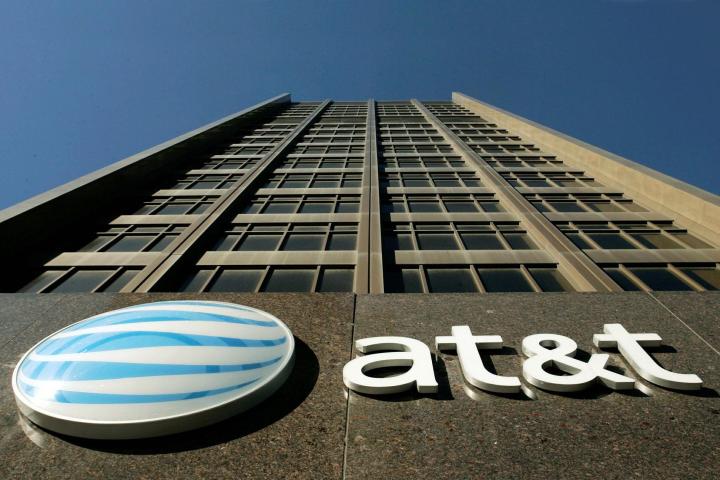
In the shadow of a potential $45.2 billion merger between Comcast and Time Warner Cable, AT&T is reportedly making headway on some deals of its own. According to a recent report by Bloomberg, “people familiar with the matter” say AT&T and DirecTV are closing in on a proposed deal that would see AT&T pay around $50 billion in cash and stock for the nation’s largest satellite-TV provider, shattering earlier estimates that had pegged the price tag at around $40 billion.
According to the report, DirecTV would become a separate subsidiary of a larger AT&T conglomerate under the proposed deal, and retain control of its services. Sources also said current DirecTV CEO Mike White would likely retire at the end of 2015, leaving a vacant spot at the throne of the newly created subsidiary. The deal could reportedly be agreed upon in as little as two weeks.
Good for the gander
The proposed merger would provide myriad incentives for both parties. AT&T would acquire a wealth of resources in the pay-TV business, adding DirecTVs nationwide cache of subscribers to its U-verse TV service, and extending its reach to stand on level with other multi-system operators (MSOs) that operate in nearly all sectors of the media industry, like Comcast and Verizon. AT&T has been scrambling to expand its digital TV business, recently allotting around a half billion dollars to launch a new online video service in a partnership with the Chernin Group.
DirecTV, meanwhile, would gain access to AT&T’s Internet pipelines, as well as its 10.4 million Internet subscribers, helping fend off competition from other cable and telecommunications companies, as well as its biggest rival in the satellite business, Dish Network.
Then there’s the bundling, which could give consumers an incentive not to ditch services like pay TV. MSOs make a lot of money by offering bundled packages of multiple services to customers at a discount, potentially allowing companies to lock subscribers into extended contracts. With AT&T’s huge cellular network, customers could potentially grab Internet, satellite TV, and cellular service with one contract, locking them in for two years.
Consumer advocate concerns
Even as consumer advocates and politicians look to block the Comcast-TWC merger due to concerns over the resulting control the company would wield over U.S. Internet and cable services, the AT&T merger seems to have slipped under the radar. While Comcast has been called out for purposely throttling Netflix video streams to force the service into paying for a direct connection, AT&T has been similarly implicated for slowing streams, and is purportedly working on its own cash deal with Netflix. Though the Comcast-TWC merger has grabbed more headlines, the numbers for a potential combination of AT&T and DirectTV break down very similarly.
By the end of last year, DirecTV reported around 20.25 million total U.S. subscribers. A merger with AT&T would add another approximate 5.5 million according to AT&T’s year end reports, for a total of just under 26 million pay-TV subscribers. That breaks down to about a quarter of all video subscribers nationwide. In comparison, the Comcast/TWC merger would bring together around 30 million video subscribers. That’s after the company agreed to sell off around 4 million subscribers to help quell monopoly concerns. And at $50 billion, the AT&T deal overshoots Comcast’s bid by almost $5 billion.
Monopoly anyone?
AT&T’s proposed acquisition of DirecTV remains only a rumor for now, but an official deal would no doubt face the same monopoly concerns raised by the Comcast merger. Still, with powerful allies and lobbyists in the right places, that deal appears to be moving forward as planned – though likely with a few potential caveats.
If both mergers proceed, we’ll potentially see nearly half of all pay-TV subscribers under the umbrellas of only two companies, as well as an absolutely massive consolidation of the nation’s Internet access. There’s no doubt that those who seek a fair playing field for media, Internet, and telecommunications are right to fear the Comcast-TWC merger. But, as the daunting price tag suggests, AT&T’s bid for DirecTV is no small matter either. If the deals happen, it’s hard to predict the potential consequences to the entire media industry as we know it.
What do you think? Are you concerned about this growing trend of massive mergers? Or do you see such deals as a natural progression of the industry? Let us know in the comments.


